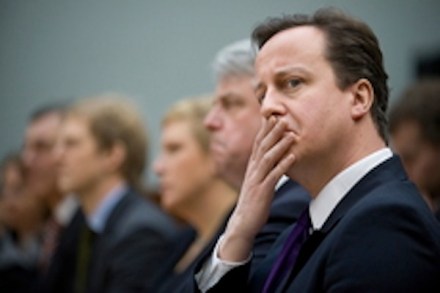Diamond does not last forever
Bob Diamond’s resignation with immediate effect as chief executive of Barclays gives plenty of people in Westminster the scalp they were looking for. Labour had called for Diamond to go after the Libor scandal surfaced. The Lib Dems had called for Diamond to resign, with Vince Cable threatening to use as a last resort his powers to disqualify directors. In fact the Lib Dems have been so focused on getting Diamond out that I understand they have been intentionally avoiding the brewing row between Labour and Tories about the parliamentary inquiry, headed by Treasury Select Committee chair Andrew Tyrie. Diamond’s resignation statement to the stock exchange was not exactly dripping





















